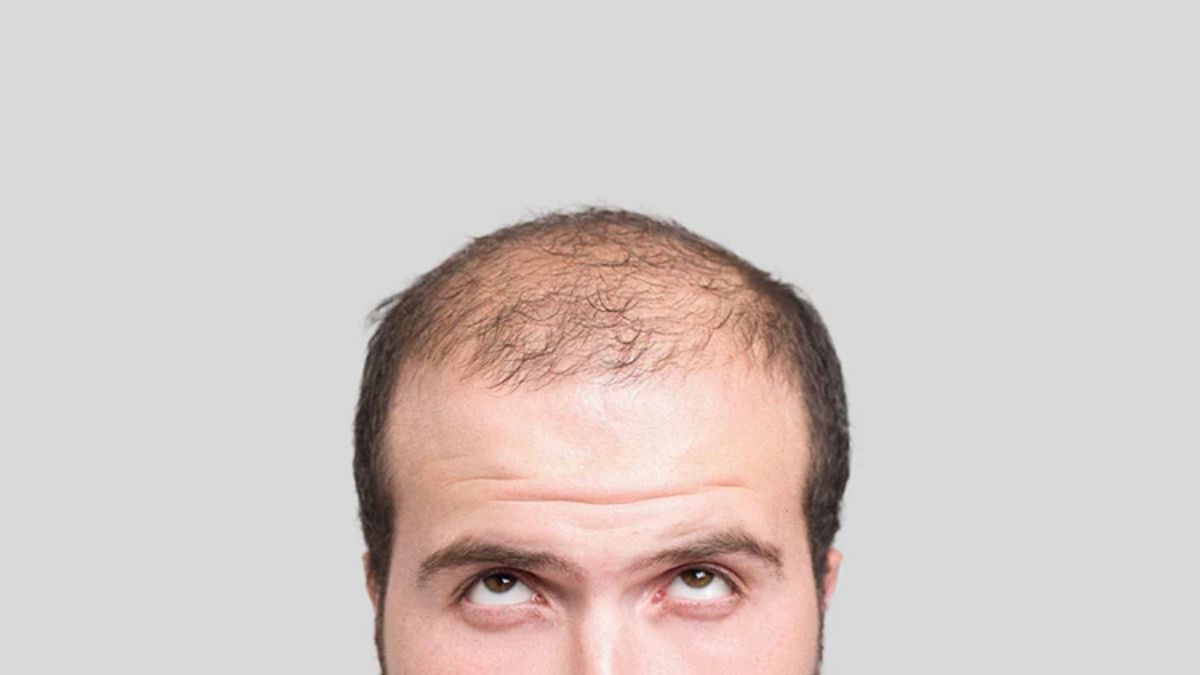Wondering why you’re facing hair loss issues? The issue of male baldness is commonly referred to as male pattern baldness or androgenetic alopecia. In this condition, men experience hair loss, often attributed to genetic or hormonal changes. Male pattern baldness is primarily associated with a combination of genetic predisposition and the impact of hormones, particularly Dihydrotestosterone (DHT).
DHT hormone attaches to receptors in the hair follicles, particularly in individuals with a genetic inclination, causing the follicles to shrink. This, in turn, weakens them, leading to thinning hair and eventual hair loss. While genetics do play a crucial role, male pattern baldness can also be influenced by various other factors. Here are the key contributors to male baldness:
1. Medications – Certain drugs used to treat conditions like cancer, high blood pressure, depression, and arthritis may have hair loss as a side effect. It’s essential to discuss the potential risks of hair loss with your doctor before starting any medication to prevent hair fall proactively.
2. Hormonal Imbalance – As previously mentioned, an imbalance in hormones, particularly an excess of DHT, can be a major factor in male baldness. Such hormonal imbalances can result from thyroid issues or specific hormone therapies. Addressing these hormonal imbalances can help tackle hair fall effectively.
3. Age – Hair loss often begins in men as they age, due to the gradual reduction in testosterone levels. While the aging process itself cannot be prevented, maintaining overall health and using hair care products designed for aging hair can mitigate its effects.
4. Nutrient Deficiencies – Inadequate nutrition, including vitamin and mineral deficiencies, can contribute to hair loss. Ensuring a well-balanced diet rich in essential nutrients like vitamins A, C, D, E, biotin, and iron can stimulate hair growth and reduce the risk of baldness.
5. Stress – High levels of stress can disrupt the normal hair growth cycle, leading to hair fall. Managing stress through relaxation techniques and regular exercise can help prevent further hair loss.
6. Medical Conditions – Certain medical conditions and their treatments, such as autoimmune diseases, scalp infections, and chemotherapy, are known to induce hair loss.
7. Smoking – Smoking not only heightens the risk of hair loss but also negatively impacts blood circulation and hair follicles. Quitting smoking not only benefits overall health but also reduces the chances of baldness.
Also Read: Good News For Delhi Commuters; New Flyover At Sarai Kale Khan Set To Ease Traffic










